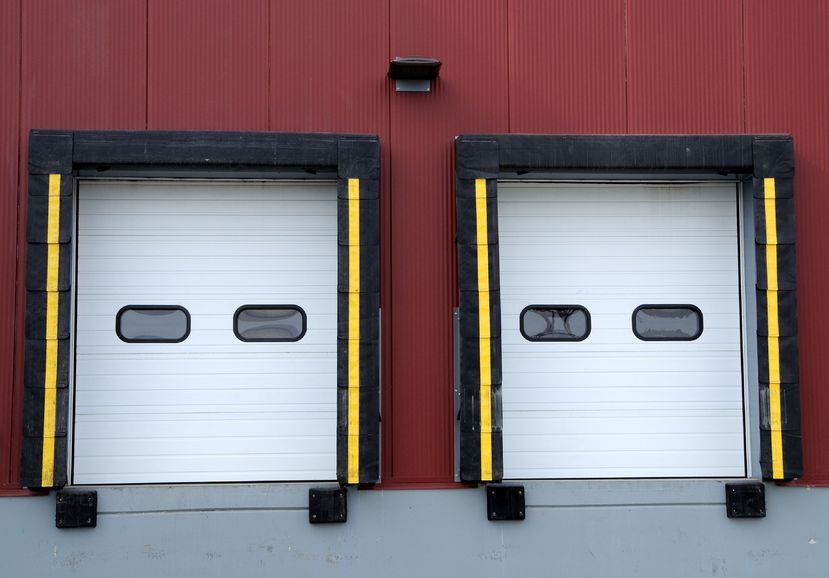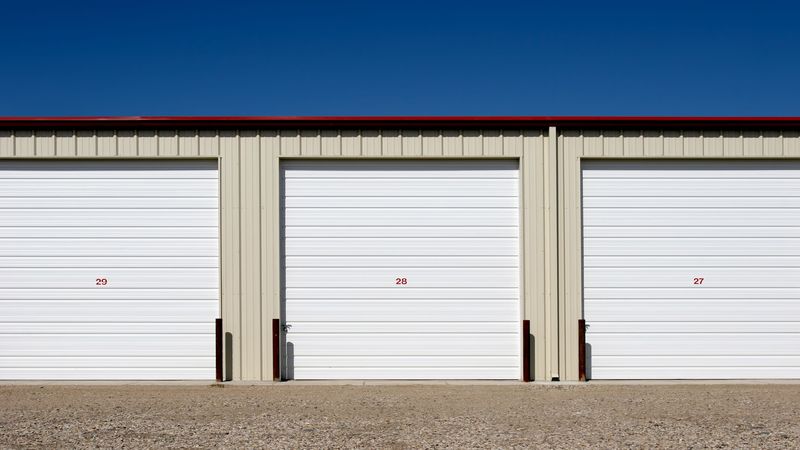As most of us know, hopefully not firsthand, fire can be devastating and result in the loss of life and property. One of the best ways to ensure that minimum damage is done in the event of a fire is to install a roll up fire door. Madison, WI business owners have been investing in these preventative measures for years. Unfortunately, however, these safety doors may malfunction in an emergency if they are not properly taken care of. The solution is simple, though – just prioritize their maintenance! Keep reading to learn more on how to stay safe.
What is a Roll Up Fire Door?
It’s a door that closes automatically during a fire to restrict the airflow that the fire needs to keep burning. They’re also used to prevent the fire from spreading from one area to another in a rated period of time. These doors protect both property and people. They not only minimize the physical damage done to a building, but slow the progress of the fire to allow the people inside more time to escape.
Who Uses Them?
Roll down doors are actually required for many businesses and commercial properties, but they’re also commonly seen in schools and research facilities. These doors are also used daily to provide security and access control to a wide range of industries.
Importance of Testing
Although these doors can make a huge difference in the event of an emergency, neglecting to test and inspect them can literally be a matter of life and death. Building owners and managers should ensure that these doors are up to code and fully operational. The easiest way to make sure that the doors will work in the event of an emergency is to ensure that these doorways remain clear. The door cannot go down if it is impeded by furniture, totally negating the purpose of installing it in the first place.
At least once a year, building managers should check to see that the doors can go down. They should also check that the door’s hardware has not been spray-painted over, no parts are missing or broken, and that no open holes or breaks exist in the door or frame. Simple checks like these can make all the difference in the event of a real emergency.



